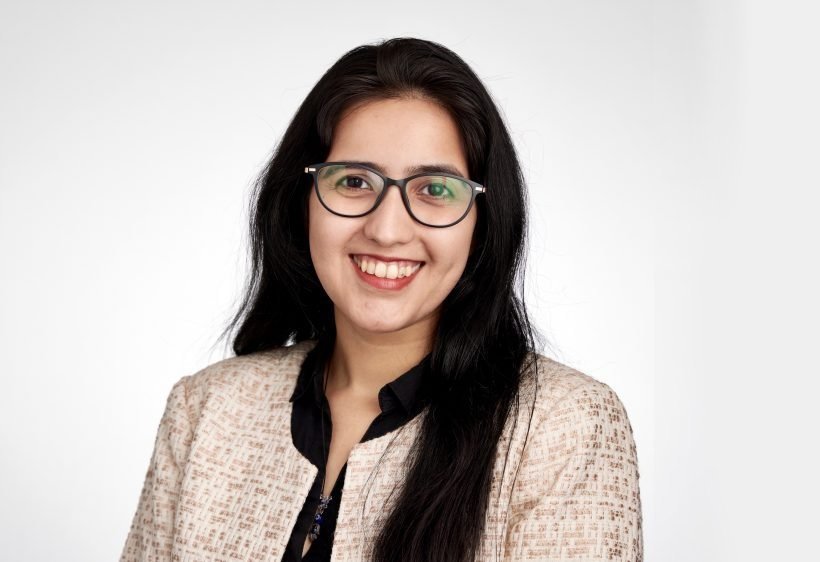January 2024
Photo Credit: Rick Guidotti for Positive Exposure in collaboration with University at Buffalo, School of Dental Medicine.
January is Mental Wellness Month
Self Advocacy and Self Acceptance: Living With A Facial Difference
Self-acceptance is an ongoing process, a journey that takes years and sees each of us through our stages of life. Acceptance takes form and is sharpened over time, blossoming with each positive human encounter.
We want to share what we’ve learned, navigating the surgeries and stages of life with a craniofacial difference. At the core is how advocacy and compassion extend a very long way.
Introducing Global Health Perspectives
People with Intellectual and Developmental Disabilities (IDD) and their families and caregivers across the world all have unique experiences. Their ability to achieve a high level of wellness and equity of care may depend upon their culture, access to healthcare services and supports, as well as any ongoing geopolitical challenges possibly occurring in their lives.
AADMD Board Member Spotlight: Alicia Thatcher MD, CCFP
Meet AADMD Board Member Alicia Thatcher MD, CCFP: “I get to learn from my patients every day! People with IDD have taught me so much over the years and it has made me a better doctor and a better person.”
My unforgettable experience at the One Voice Conference
The Alliance of Oral Health Across Borders (AOHAB) Student Leadership in Global Oral Health (SLGOH) program came as a blessing in my life. While the program encompasses great experiences and opportunities to learn from the leaders in global oral health, the best part was the program's conclusion at the American Academy of Developmental Medicine and Dentistry (AADMD) 2023 One Voice Conference in Denver, Colorado.
On Being Hideous
For the past several years I have started my Wednesday mornings having coffee with Lonnie.
Lonnie is a 34-year-old guy with an intellectual disability. Orange Grove has been blessed with the opportunity to provide supports to Lonnie over the years. I emphasize “blessed” because over time we have seen him develop in areas where we have been able to diminish the level of support; one of the joys of working with individuals with cognitive disabilities is watching the list of “needs” get whittled down.
Building a Community for Adults with Craniofacial Difference
I'm an advocate for older/mature adults with craniofacial/facial difference (including myself) who may not be receiving the care and support we need and deserve. And I’m thrilled to see that globally, craniofacial/facial affected children are receiving the care and support they need. And that more young and middle-age adults in the US who are cleft/craniofacial affected are joining together on social media to advocate for themselves in all aspects of their physical, emotional, and psychosocial needs. My concern is what happens as we all age and our needs for ongoing care remain throughout our lives.
Supporting Caregivers of Aging Adults with IDD: A Collaborative Approach
“I think you need more care, and I am not the doctor for you.” The above quote comes from a research study published by Logan et al in 2002 on the state of health care for adults with Down syndrome and other types of Intellectual and Developmental Disabilities (IDD). A physician was stating his concern to the family caregiver over his lack of knowledge and expertise in treating adults with IDD. This short article is intended to highlight this ongoing problem and to present a collaborative approach to offer future solutions.
How Dentists are Prohibited from Disability Discrimination
Oral health is important to everyone, including the 5 million children and 2 million adults in the United States who have developmental disabilities. But gaining access to dental services for this patient population can be challenging.
There are a variety of barriers to dental care for patients with autism, Down syndrome, cerebral palsy, and intellectual disabilities. Lack of funding for dental services is one obstacle. Another is the reluctance or unwillingness of dental practitioners to accept and treat patients with these or other types of developmental disabilities.










